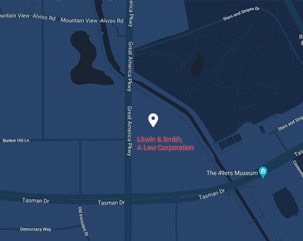Does the 30/60 Day Rule Apply to My Green Card Application If I’m Already Married?
I’m an Australian living in SF, and have been in the US for nearly four years now on an E3 visa. I recently married a US citizen, and would now like to now apply for my Green Card.
The catch is that I need to travel OS to the Caribbean over Thanksgiving (two days in the British Virgin Isles), which technically means I’m leaving the country. I’ve heard that I should wait 60 days after re-entering the US before applying for the Green Card. But this means applying in January, and therefore may not get my Green Card until after my E3 expires (in mid-Feb).
Will the 30/60 day rule apply in my case? And if so, and I wait the 60 days after returning and apply for my Green Card in Jan, will I get into trouble for overstaying my E3 visa if the Green Card is not approved in time?
Since, E3 does not permit immigrant intent. I do think the rule may apply to your admission.
Another consideration is you may have a potential gap in employment authorization. And to work without authorization would make voidable your adjustment application.
There is an old Administrative Appeals Office opinion that discussed the rule that USCIS follows. Here the foreign affairs manual explains it. 9 FAM 40.63 N4.7 Applying the 30/60 Day Rule: If an alien violates his or her nonimmigrant status . . . within 30 days of entry, you may presume that the applicant misrepresented his or her intention in seeking a visa or entry. If an alien initiates such violation of status more than 30 days but less than 60 days after entry into the United States, no presumption of misrepresentation arises. However, if the facts in the case give you reasonable belief that the alien misrepresented his or her intent, then you must give the alien the opportunity to present countervailing evidence.
Mr. Smith is an attorney with over 25 years of immigration experience with complex immigration issues and successful filings. His response to your question is general in nature, as not all the facts are known to him. You should retain an attorney experienced in immigration law to review all the facts in your case in order to receive advice specific to your case. Mr. Smith’s statement above does not create an attorney/client relationship.

